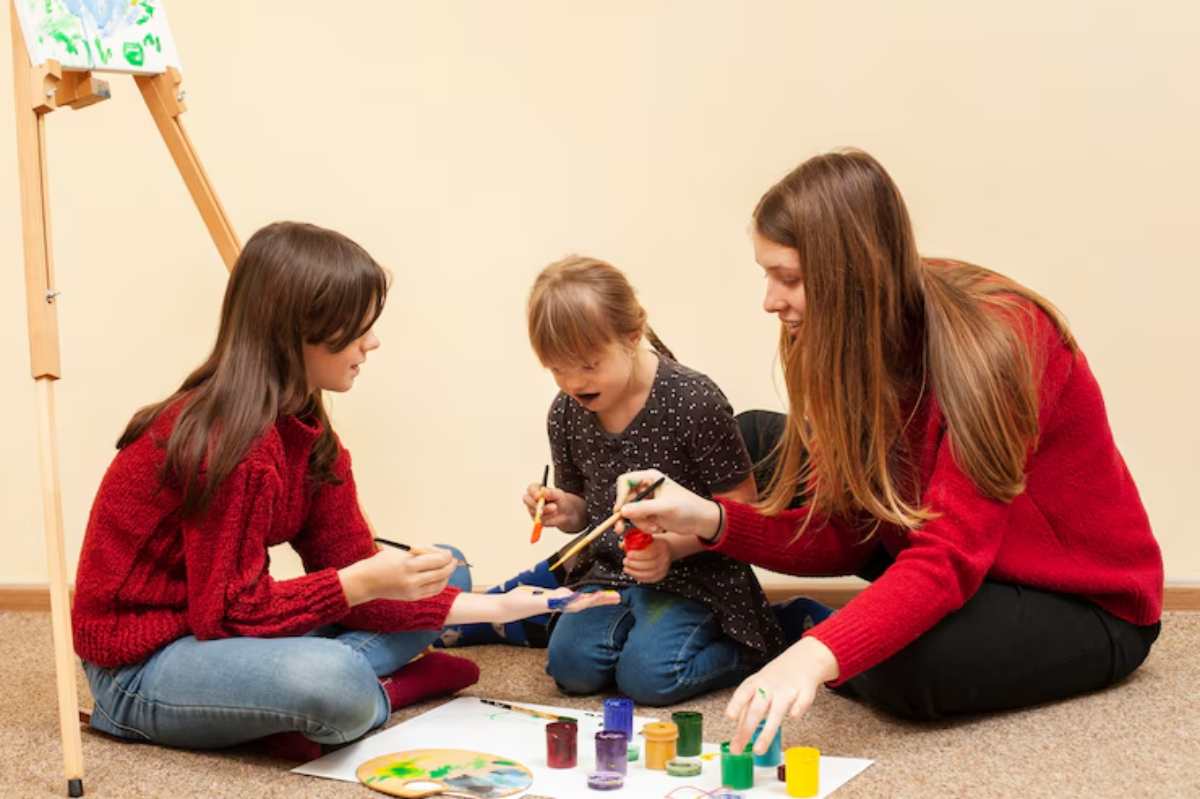
Helping Teens Build Responsibility and Ownership
Raising teens is never a one-size-fits-all experience. Kids learn who they are as they become teens. This comes a wish to take ownership for their actions, choices and goals. Now is a great time to build responsibility and promote independent thinking.
But responsibility isn’t just given — it must be cultivated, practiced and shaped with purpose. Providing our teens with the appropriate support and trust and tools for success equips them to become confident adults. They learn to value accountability.
This blog looks at why responsibility is important. It discusses the benefits and how parents and caregivers can support teens
Why It Matters
The Link Between Responsibility and Self-Esteem
Responsibility builds confidence. When teens are trusted to manage their time, commitments, or personal tasks, they feel more competent and in control of their lives. This fosters a sense of accomplishment that boosts self-esteem.
On the other hand, if everything is done for teens or they aren’t held accountable, they might doubt their skills. They may also start to avoid challenges.
Preparing for Real-World Demands
Teens juggle many demands. They balance homework, extracurriculars, and part-time jobs. They also plan for the future. Teaching them to take ownership helps them get ready for adult tasks. This includes college, work, and making personal decisions.
To build resilience and succeed in the future, it’s key to follow through, own your mistakes, and manage your obligations.
Key Benefits of Teaching Responsibility

1. Stronger Decision-Making Skills
Responsible teens pause to think. They evaluate consequences and act critically. These habits reduce impulsive behaviour and help them become more thoughtful and mature.
2. Greater Independence
When teens take charge of their responsibilities, like chores or school, they feel more independent. This sense of autonomy helps them build problem-solving skills. It also lets them function well without constant supervision.
3. Improved Family Dynamics
When teens help out at home and handle their responsibilities, parents feel less stress and have fewer conflicts. It becomes a shared effort, not a daily battle.
4. Long-Term Accountability
Responsibility builds character. Teens who practice ownership tend to become adults who keep commitments. They admit mistakes and take initiative in their personal and work lives.
Additional Expert Tips & Common Mistakes to Avoid
Expert Tips for Cultivating Responsibility
1. Start with Age-Appropriate Tasks
Don’t wait until your teen is fully grown to introduce responsibility. Begin with simple tasks, like making their bed, organising their backpack, or tracking homework. As they get older, raise the expectations.
2. Allow for Natural Consequences
Instead of rescuing your teen from every misstep, let them experience natural outcomes. If they forget their sports gear, they miss practice. If they overspend their allowance, they wait until next week. These lessons teach accountability far more effectively than lectures.
3. Be a Role Model
Teens pay close attention to how adults handle their own responsibilities. Demonstrate follow-through, punctuality, honesty, and problem-solving in your own life. Let them see you manage setbacks without blaming others.
4. Give Them Room to Lead
Whether it’s planning a family dinner, leading a group project, or organising their schedule, give your teen opportunities to lead. Leadership cultivates confidence and a sense of ownership.
Common Pitfalls to Avoid
- Doing Everything for Them: While it may seem helpful, over-involvement can backfire. Teens need opportunities to make decisions and learn from them.
- Setting Unrealistic Expectations: Responsibility should be challenging but attainable. Overloading your teen with adult-level demands can cause frustration or burnout.
- Inconsistency in Follow-Through: When you set rules but don’t enforce them, teens might think boundaries are flexible or unimportant.
- Shaming Instead of Guiding: Mistakes are part of the learning process. React with calm, constructive feedback instead of sarcasm or guilt.
Advanced Insights and Expert Recommendations
Creating a Culture of Accountability at Home
Responsibility thrives in an environment where accountability is the norm. Encourage open communication and regular check-ins about progress, setbacks, and solutions. This normalises responsibility and helps your teen feel supported rather than judged.
Use simple structures to reinforce routines, like:
- Shared calendars for tracking commitments
- Weekly family meetings to review schedules and responsibilities
- Task boards or goal trackers to promote visibility and follow-through
These tools reduce micromanagement while keeping everyone aligned.
Praise Effort, Not Just Results
It’s easy to celebrate outcomes like a good grade or a clean room, but it’s equally important to acknowledge the effort behind them. Recognising hard work, planning, or persistence reinforces intrinsic motivation.
For example:
- “I noticed you didn’t give up when that assignment got tough. That shows real perseverance.”
- “You took the initiative to organise your weekend schedule. That’s a smart way to stay on top of things.”
Balance Trust and Supervision
Responsibility and freedom go hand in hand. As your teen shows they can handle more, increase their autonomy, but also keep supportive structures in place.
This could include:
- Letting them manage their time with agreed check-ins
- Allowing more flexibility in social plans with consistent follow-through on safety expectations
- Giving them budgeting power with small financial limits and guidance
The goal is to build trust, not remove structure.
Support Emotional Responsibility, Too

Responsibility isn’t just about tasks—it’s also about emotional awareness. Help your teen name their feelings. Encourage them to take responsibility for how they express those feelings. This way, they can understand how their emotions affect others.
Ask reflective questions like:
- “How did that choice affect your friend?”
- “What do you think you could have done differently in that situation?”
This helps them grow not just in behaviour, but in empathy and self-awareness.
From Dependence to Empowerment
Teaching teens to be responsible is not about control. It’s about promoting their independence. Establish clear expectations, model accountability, and allow your teen space to learn and lead. In this manner, you enable them to own their development.
Just remember, it’s a slow, slow journey. There will be failures and errors. Your teen will start to take ownership and be accountable. This will happen with consistency, trust, and encouragement.
These lessons not only prepare them for adulthood, but they also influence who they are within it. You’ll see them change into a confident and reliable person. They will learn to manage responsibilities, make smart decisions, and take charge of their actions. This transformation prepares them to face the world.


